5 Useful Tips On How to Care for Your Senior Cat
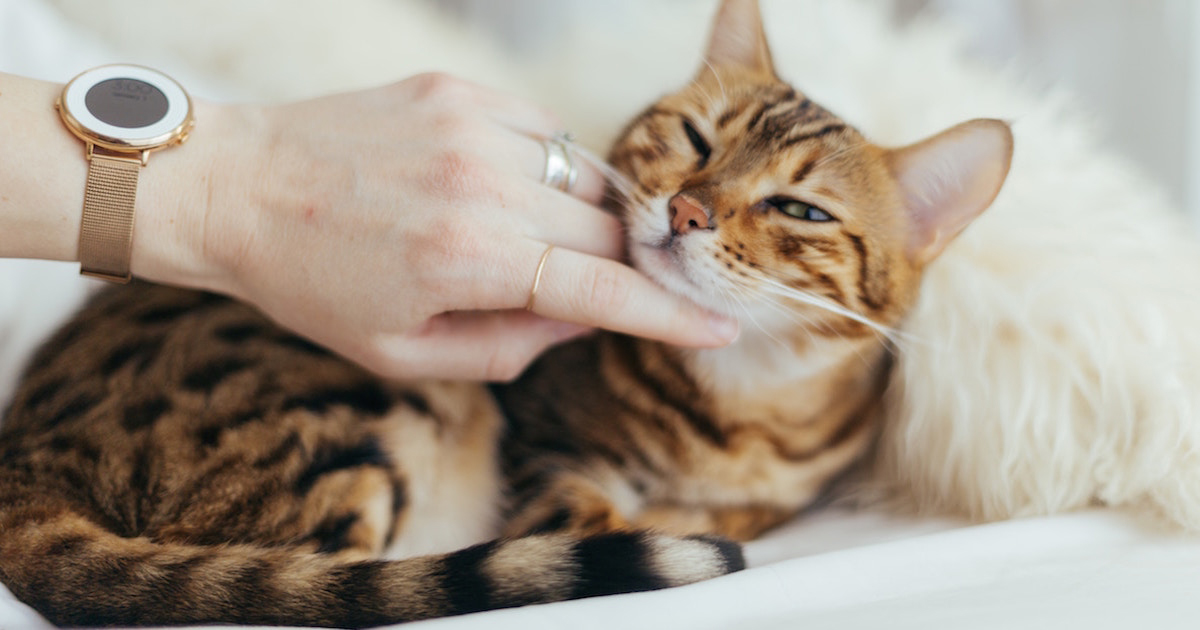
As much as we wish that our pretty kitty could be by our side for many years to come, there comes a point in their lives when they start showing signs of ageing. This typically happens when your cat turns 7, and once they do, they will also start to have different care requirements than those of a younger cat.
If you spot signs of ageing in your kitty, here are some tips on how you can take proper care of your elderly feline friend:
1. Regular vet visits
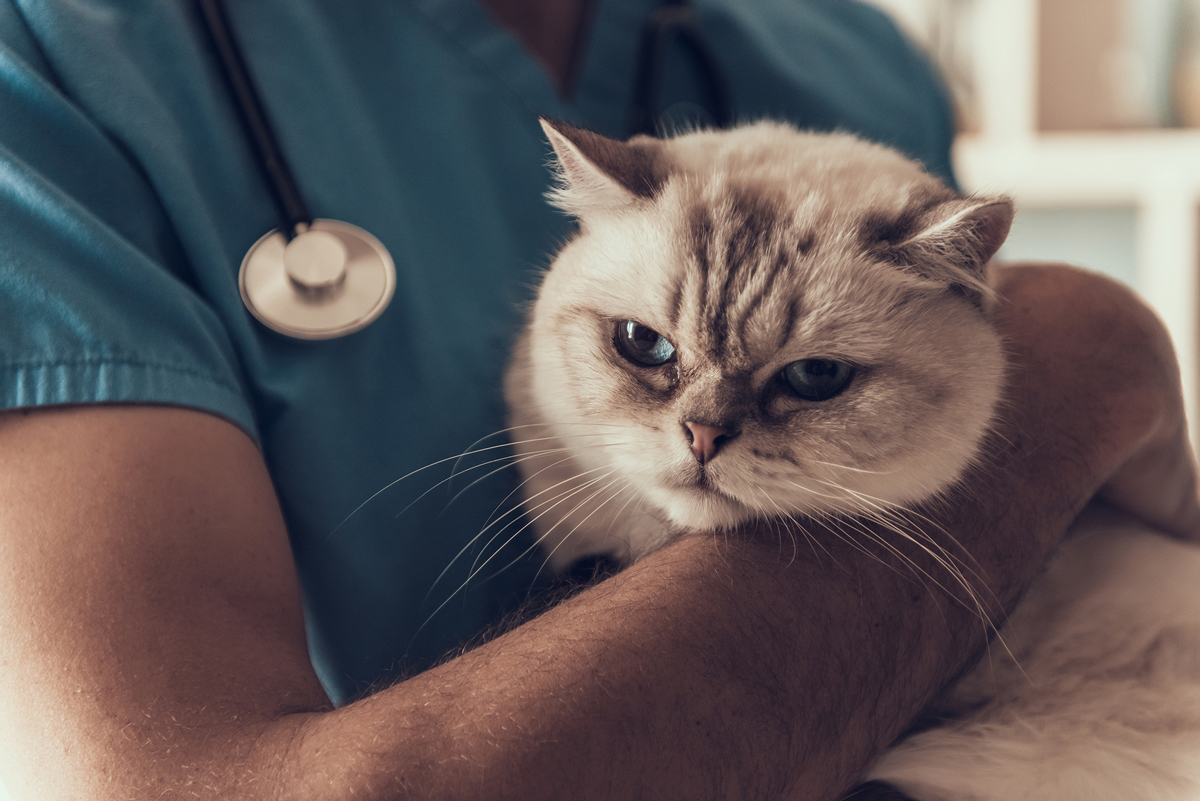
Senior cats are more prone to medical conditions such as diabetes, cancer, kidney or liver disease, thyroid problems, and other old-age illnesses like arthritis, dementia, feline tooth resorption, and vision and hearing impairment.
As some of these conditions are asymptomatic, you will have to bring your cat to a vet diligently for regular health checkups so that you can detect medical conditions early. Spotting illnesses in earlier stages will make medication and treatments more effective.
2. Observe your cat closely
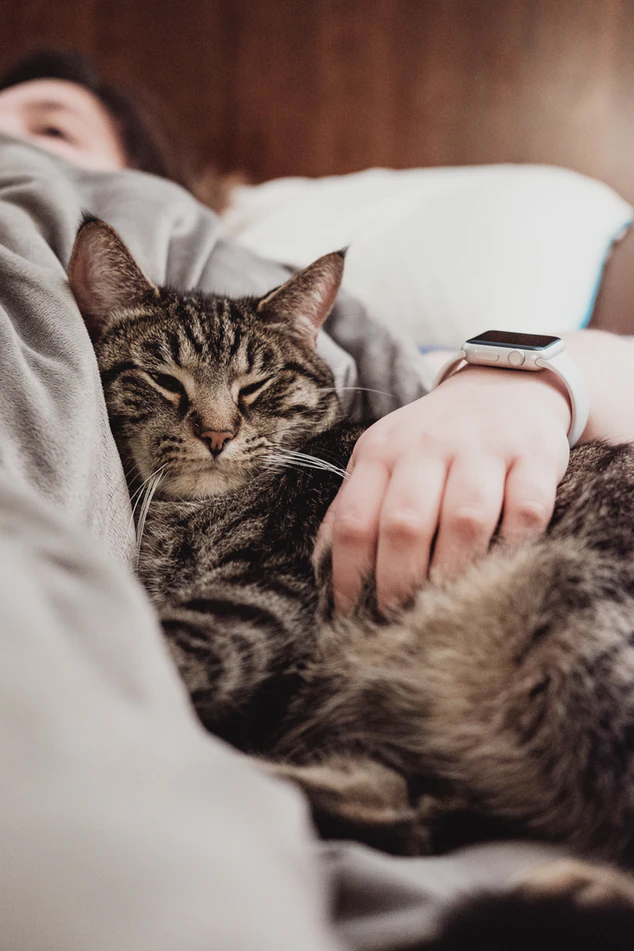
Because you can’t bring your cat to the vet for a full-body checkup every day, what you can do instead is to observe your kitty closely for any signs of discomfort or abnormal behaviour.
These can include subtle signs like excessive blinking or a reluctance to jump and climb, or drastic warnings such as a loss in appetite, foreign bumps on its body, cloudy eyes, and more.
3. Groom regularly
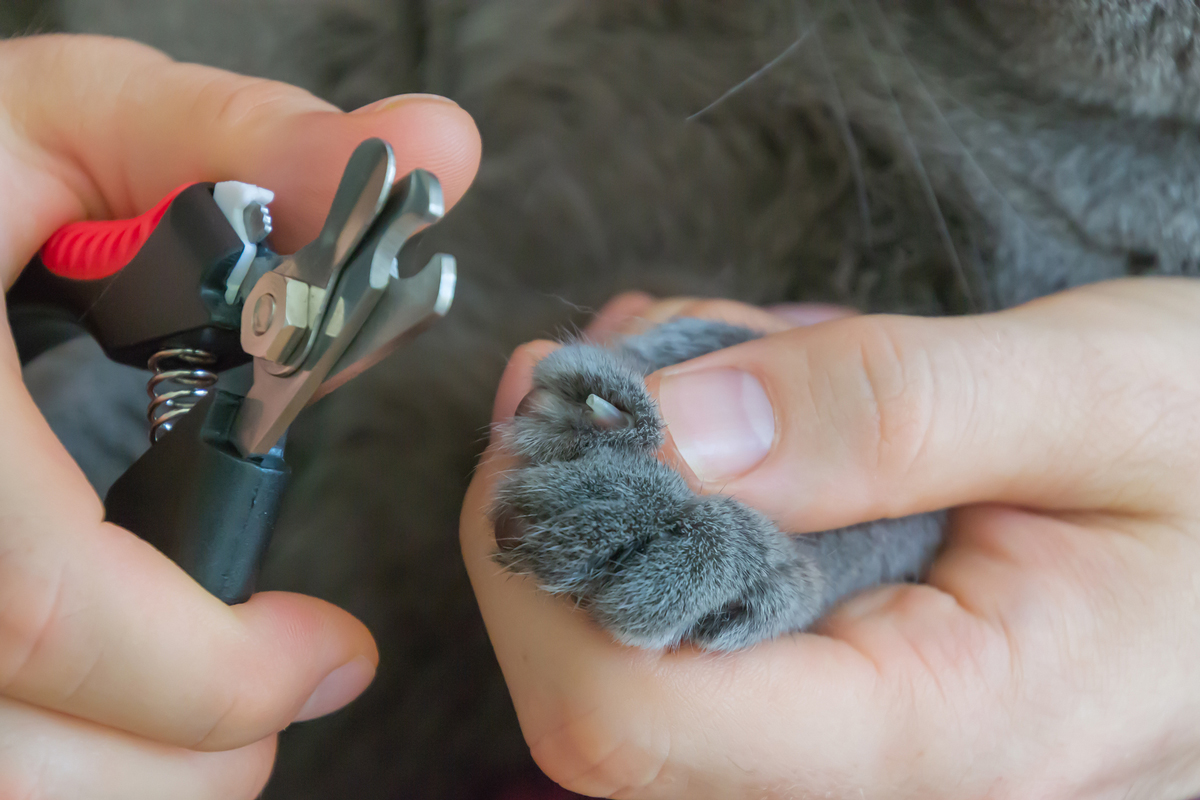
To keep your ageing cat’s health in excellent condition, make sure to groom it often to avoid possible health issues that could result from tooth decay, overgrown nails, or an unkempt coat.
This is especially important if your cat is grooming itself less frequently than usual, which could be because of arthritis or other joint pains. Plus, besides simply making sure that your cat’s hair and nails are regularly washed and trimmed, dental scaling visits are required too, because dental diseases and infections can threaten your cat’s overall health if they’re not treated in time.
4. Provide regular exercise and entertainment
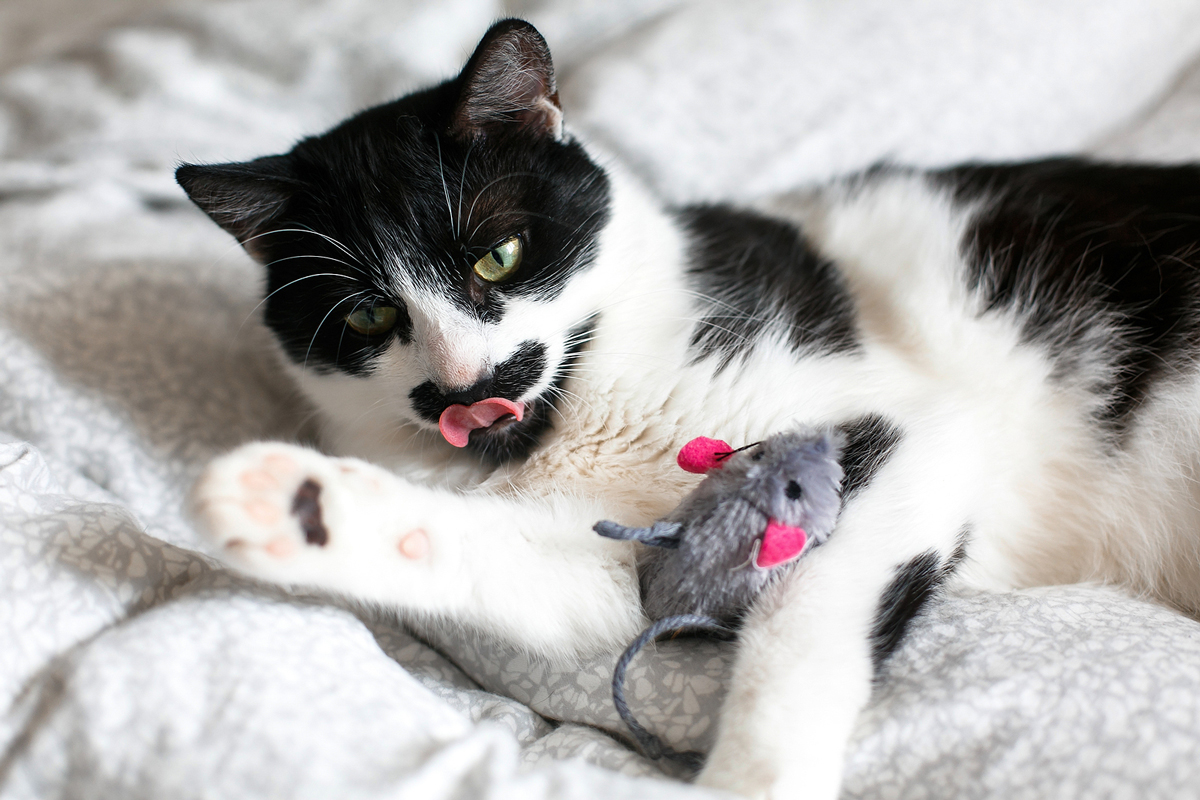
Just because your cat is getting old does not mean that its need for regular exercise and mental stimulation is reduced. On the contrary, your elderly cat will need to stay as active as possible with moderate-levels of exercise to boost their physical health and keep their joints flexible, and a great deal of entertainment that will get their brain juices flowing to keep them alert and happy. Think food puzzles, cardboard boxes, and many more!
5. Make changes to your home
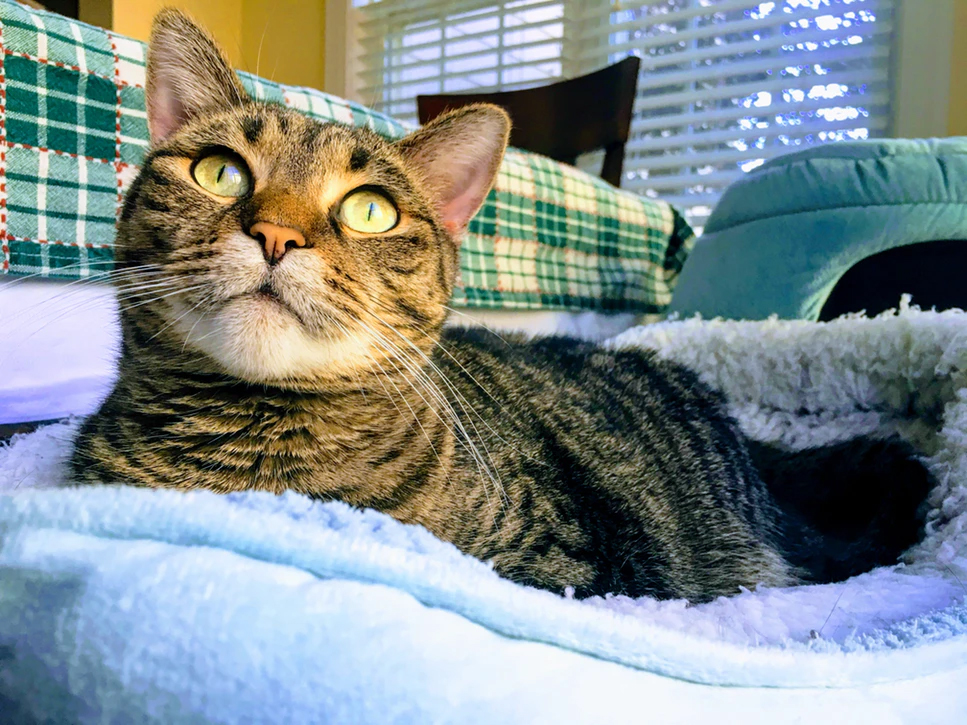
Depending on your feline’s health condition, you may have to make changes to your house. For example, if your cat has arthritis or difficulty walking, you will have to adapt your cat’s litter box by lowering its sides, so that it can get in and out more easily.
A softer, orthopaedic bed will also be required to ease its discomfort when lying down, and food and water must be made readily accessible at every room so that your senior cat can reach these necessities without much difficulty.
You can also purchase anti-slip socks or an anti-collision ring if your pet has difficulty seeing clearly due to conditions such as cataracts, or a whisker stress-free feeding bowl.
6. Adjust your cat’s diet
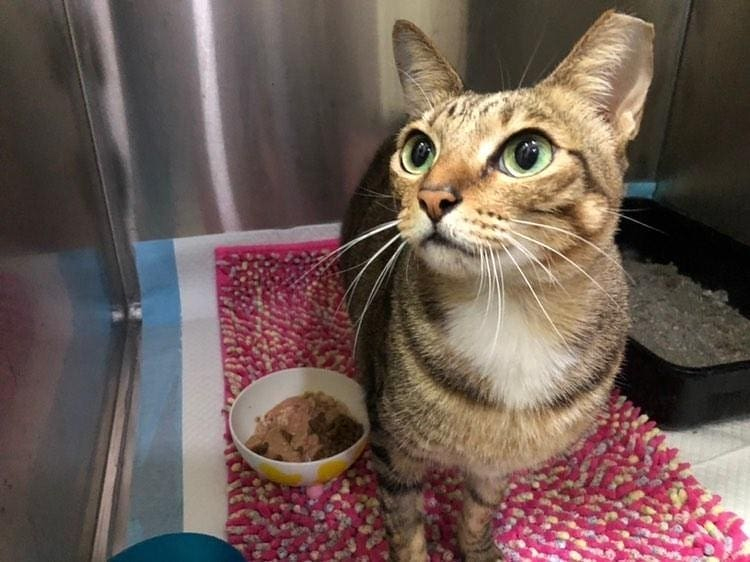
Source: @cmewnityofeliealley
Cats need different diets at different stages of their lives, and for an ageing cat, you will have to monitor its health condition closely to find out what it requires exactly in its diet.
As a general rule of thumb, a senior cat’s diet should be enhanced with fatty acids like EPA and DHA, especially if your cat is suffering from arthritis or other joint diseases. Supplements like glucosamine can also help reduce joint inflammation, and if you’re worried about your cat suffering from kidney disease, you can lower the sodium levels in its food and increase its water intake.
Keep your kitty healthy with AIXIA
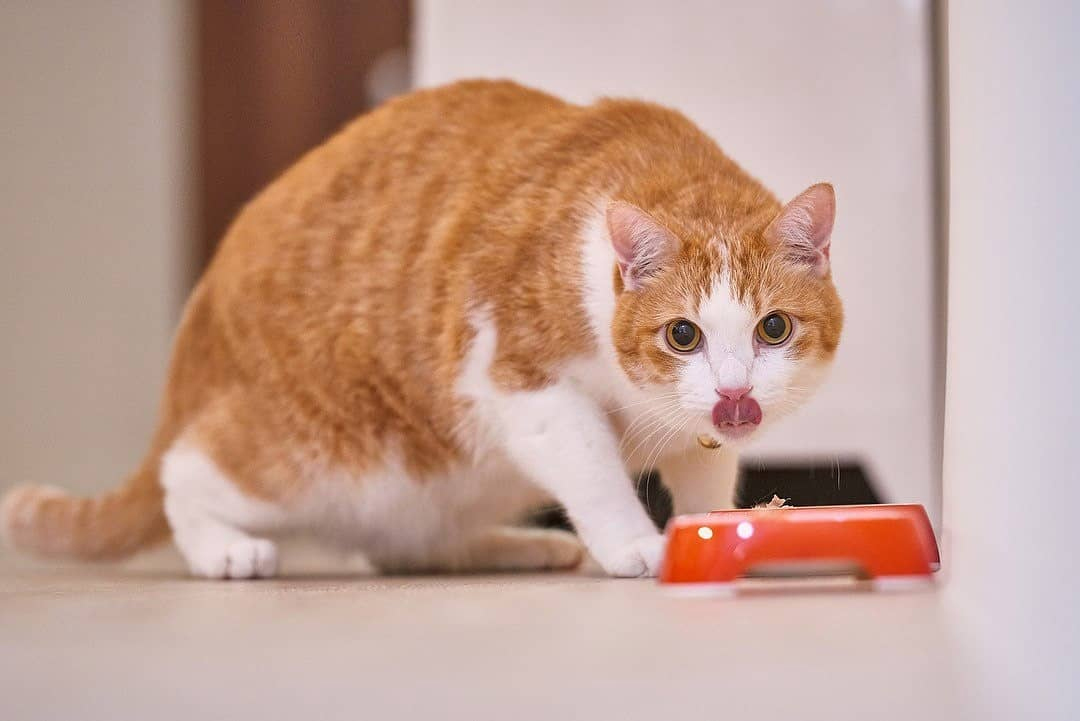
Source: @reinbiotech and @limxqamanda
A domestic cat’s average lifespan is about 10 – 20 years, but research has shown that kidney disease is one of the leading killers of cats, especially for those after age 7. To protect your cat’s kidney and in turn, ensure that it lives to a ripe old age, consider introducing your cat to AIXIA, a Japanese cat food brand established since 1990!
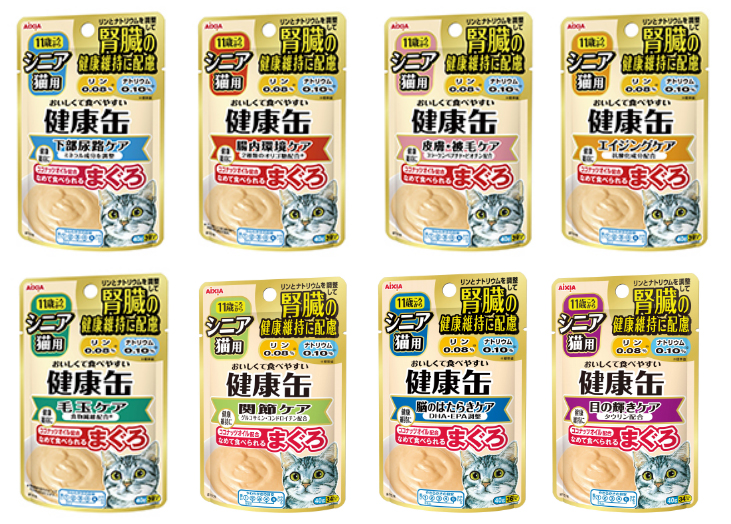
These individual Kenko-Can Pouches make feeding your kitty convenient any time, anywhere!
Source: AIXIA
Their Kenko-Can (Healthy Can) Pouches for Senior Cats range is a mousse and paste series specially-formulated to supplement and relieve kidney functions. High in water content and containing a mere phosphorus content of 0.08% and a sodium content of 0.10%, it eases the burden on your cat’s kidneys, because phosphorus is hard to excrete, while sodium can increase blood pressure if not regulated properly.
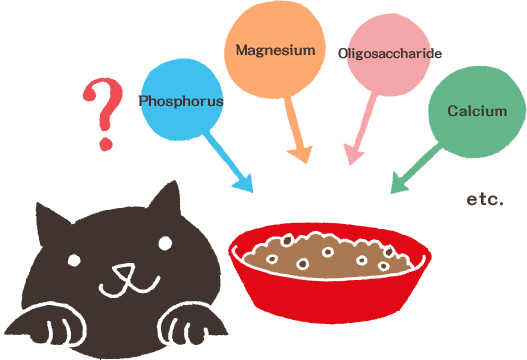
Do you know what should and should not be in your cat’s food?
Source: AIXIA
Other ingredients include coconut oil, which includes fatty acids that can be easily converted into energy, and its paste form makes it easy for elderly cats with chewing difficulties to consume.
On top of supporting kidney functions, the product lineup also supports 8 other health functions to enrich your kitty’s general well-being:
- Aging Care – Contains taurine and selenium to boost immunity and anti-oxidative activity
- Brain Support – Adjusted DHA and EPA levels to support brain health
- Eye Care Support – Includes taurine for healthy eyes
- Feline Lower Urinary Tract Care – Reduces the development of urinary stones with magnesium, calcium, and added citric acid and potassium
- Hairball Care – Includes dietary fibre to assist with easy discharge of hairballs
- Intestinal Care – Protects your cat’s stomach with dietary fibre and two types of oligosaccharide
- Joint Care – Supports joint health maintenance with glucosamine chondroitin
- Skin / Fur Care – Promotes radiant skin and fur with collagen peptide and piochin.
These Kenko-Can Pouches for Senior Cats were developed according to the requests of senior cat owners in Japan – according to a survey done by them a few years ago – so cat owners can rest assured that the folks at AIXIA really do have you and your cat’s health and concerns at heart.
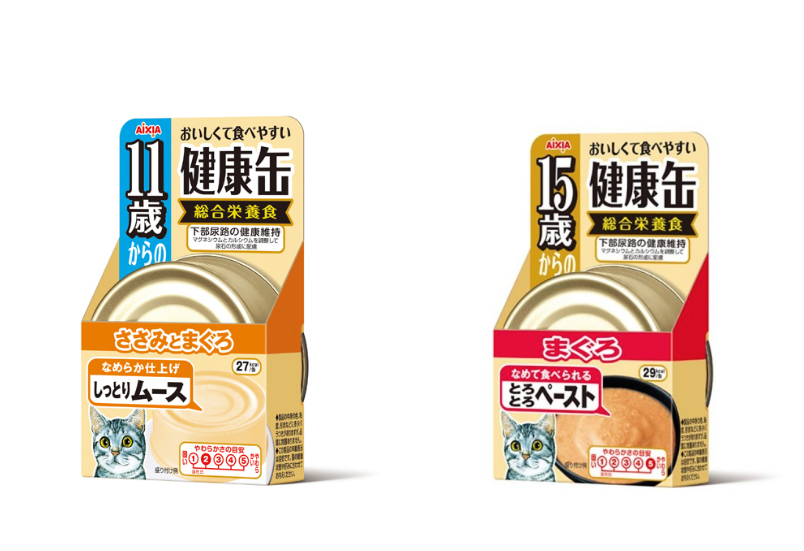
Left: AIXIA’s Kenko-Can for Cats Over 11-Years Old in Chicken Fillet & Tuna Mousse
Right: AIXIA’s Kenko-Can for Cats Over 15-Years Old in Tuna Paste
Apart from these pouches, AIXIA also has Kenko-Can Food for Cats Over 11-Years-Old, which is formulated specifically with the necessary pH and level of nutrients like vitamin E, taurine, DHA, and lactosucrose to improve digestion and aid the development of vital organs. For even older cats, Kenko-Can Food for Cats Over 15-Years-Old even boasts up to 130% more immunity-boosting vitamin E and DHA!
To get your hands on the full range of AXIA’s Kenko-Can Pouches for Senior Cats, @reinbiotech supplies them to a variety of retail stores all around Singapore. Simply contact them here to find out which store’s nearest to you!

This article was written for Rein Biotech Services Pte Ltd.









